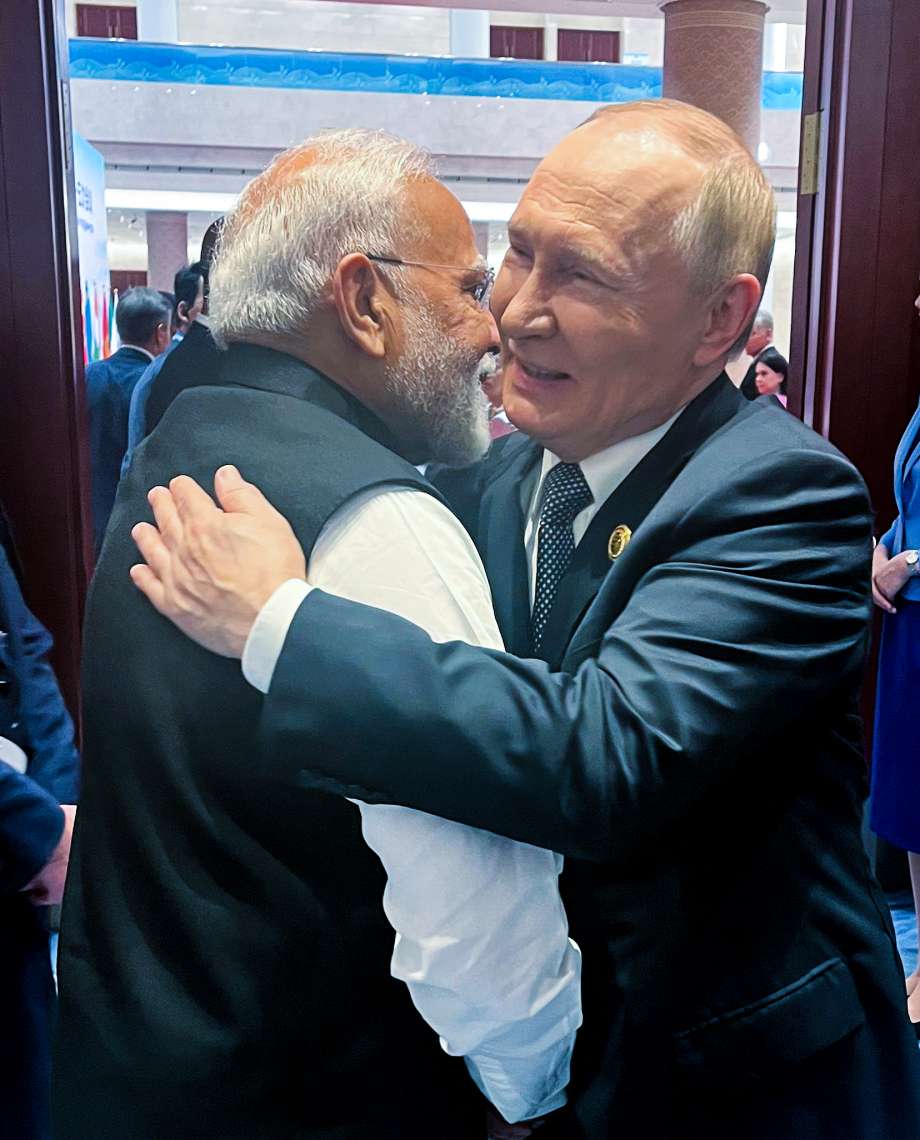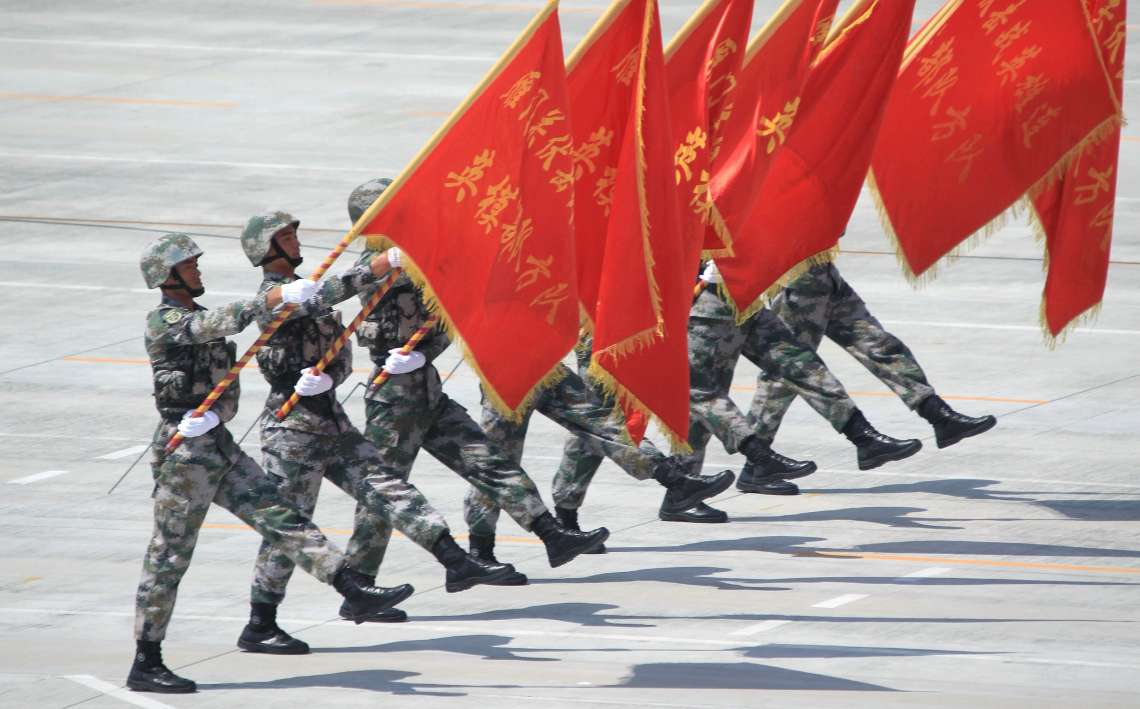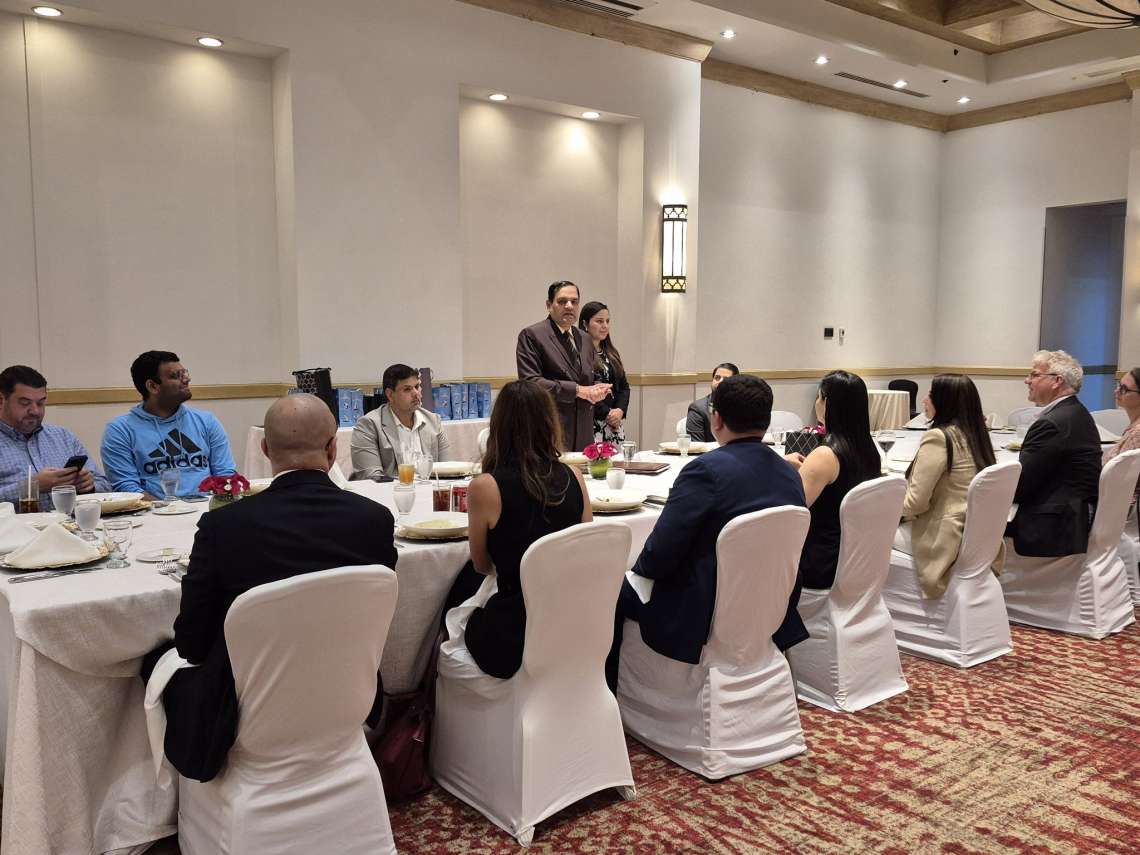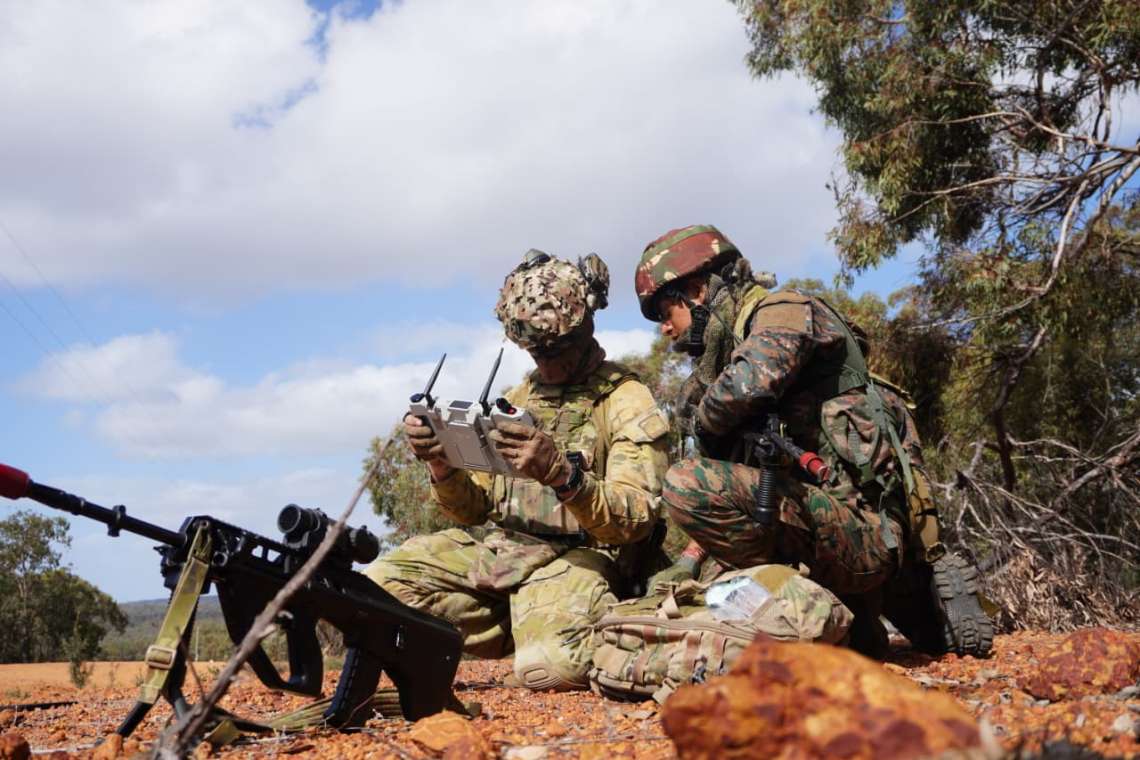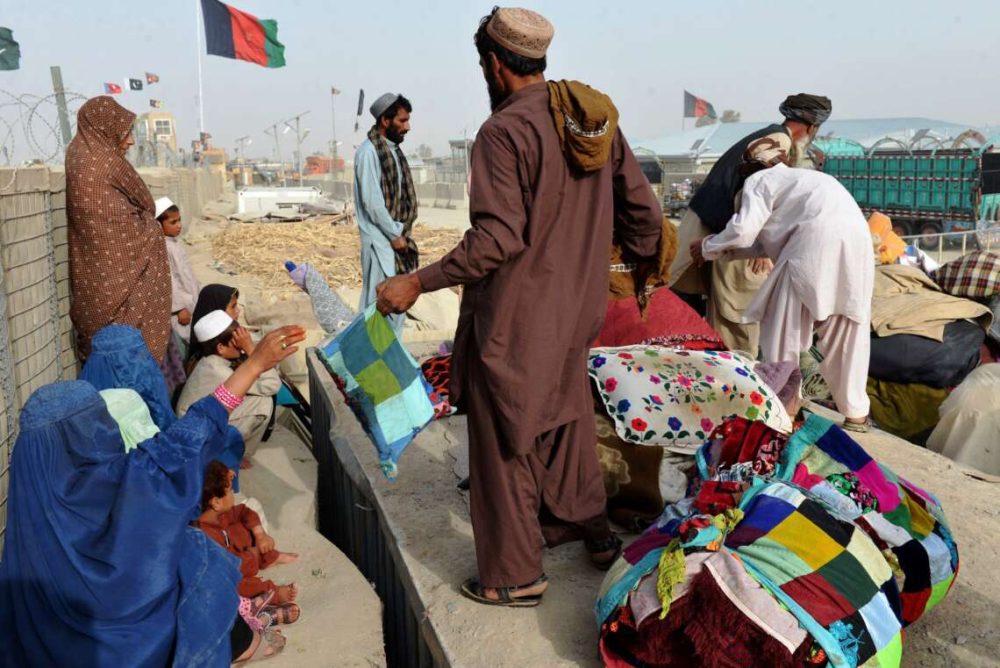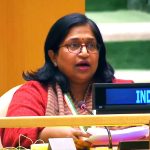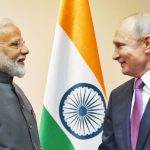Putin’s December visit set to test India’s balancing act between Moscow and Washington
Russian President Vladimir Putin is expected to visit India on 5–6 December for a summit with Prime Minister Narendra Modi, in what is being seen as a high-stakes diplomatic engagement against the backdrop of strained ties between New Delhi and Washington.
The visit, according to diplomatic sources, was first floated during National Security Adviser Ajit Doval’s Moscow trip in August, though dates were not finalised at the time. Putin and Modi later held an extended conversation in the Russian leader’s limousine during the Shanghai Cooperation Organisation summit in China, a sign of the unusually close rapport between the two leaders.
The announcement of Putin’s travel to New Delhi coincides with tensions triggered by United States President Donald Trump’s decision to impose punitive tariffs of 25 per cent on Indian goods, in retaliation for India’s continued purchase of discounted Russian oil. Washington has argued that India’s trade undermines global efforts to cut off Moscow’s energy revenues, which remain a crucial lifeline for Russia’s war budget in Ukraine. New Delhi, however, has defended its decision by pointing out that traditional energy supplies were diverted to Europe in the wake of the conflict, leaving India little choice but to secure Russian barrels.
Russia has been able to redirect a significant proportion of its energy exports away from Europe to Asia since launching its invasion of Ukraine in February 2022. India and China have emerged as two of its largest buyers, ensuring the Kremlin’s cash flow has not been choked off despite Western sanctions. Indian officials maintain that this policy is guided by national interest and energy security rather than political alignment.
The upcoming summit is expected to underscore the durability of India–Russia relations, which stretch back to the Soviet era. Russia remains one of India’s largest defence suppliers, and bilateral trade has soared to unprecedented levels in recent years, with oil imports alone reshaping the balance sheet. Diplomats in both capitals believe Putin’s visit will reaffirm this strategic partnership, even as India walks a tightrope in managing its complex relationship with the United States.
The timing of Putin’s trip is significant. He has kept his overseas travel to a minimum since the International Criminal Court issued an arrest warrant against him last year over alleged war crimes in Ukraine. India, not being a party to the ICC, has no legal obligation to detain the Russian leader, making New Delhi a politically safe venue for high-level diplomacy.
Sources also indicate that Russian Foreign Minister Sergey Lavrov will travel to India ahead of Putin’s arrival to lay the groundwork for the summit. Speaking at the United Nations General Assembly in September, Lavrov confirmed that a presidential visit to India was scheduled for December. He emphasised the breadth of the bilateral agenda, which spans defence, energy, trade, finance, healthcare, technology, and cooperation in multilateral forums such as BRICS and the SCO.
Lavrov also strongly backed India’s right to independent decision-making in its trade and foreign policy. “We have full respect for the national interests of India, full respect for the foreign policy that Narendra Modi is carrying out to promote these national interests,” he said. “India is perfectly capable of making its own decisions in trade relations, including those concerning Russian oil.” In response to American tariffs, the foreign minister was categorical: “The partnership between India and Russia is not under threat.”
Moscow has consistently praised New Delhi’s foreign policy approach, describing it as one rooted in sovereignty and autonomy. Lavrov went further, noting that disputes India may have with Washington or other powers do not affect Russia’s ties with New Delhi, which he termed a “particularly privileged strategic partnership.” He recalled the Modi–Putin meeting at the SCO in China as proof of the continuing close coordination between the two capitals.
On the global stage, Russia has reiterated its backing for India’s bid for a permanent seat on the United Nations Security Council. Lavrov used his UNGA address to underline Moscow’s support for both India and Brazil, insisting that reforms were urgently needed to give greater representation to Asia, Africa and Latin America in global governance structures.
For New Delhi, Putin’s visit will present both opportunities and risks. It allows Modi to showcase India’s ability to maintain strong ties with Moscow despite Western pressure, while also signalling that India will not allow itself to be pushed into any one camp. At the same time, the optics of rolling out the red carpet for Putin—just as Washington ratchets up economic pressure—could deepen tensions with the United States, a country India also regards as an indispensable partner in trade, technology and regional security.
As the dates are finalised, diplomats in Delhi and Moscow are framing the visit as a demonstration of continuity in a turbulent world. For Putin, it offers a platform to underline that Russia is not isolated globally; for Modi, it is a reminder of India’s longstanding capacity to pursue multiple partnerships at once. The December summit, then, is not merely a ceremonial exchange but a vivid illustration of the balancing act at the heart of India’s foreign policy.


